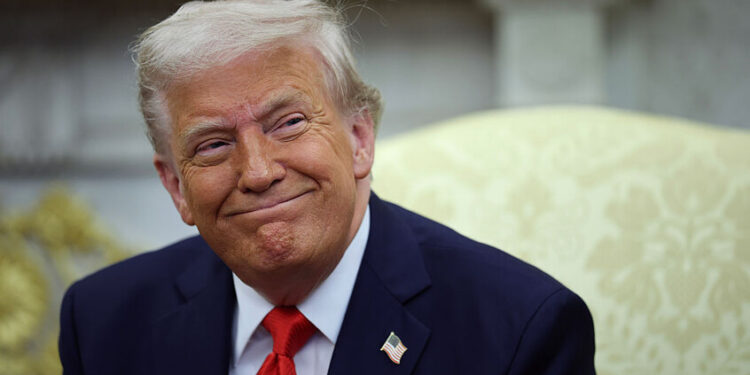Arab countries have been severely affected by the tariffs imposed by the administration of US President Donald Trump, negatively impacting their exports and trade relations with the United States.
According to the United Nations Economic and Social Commission for Western Asia (ESCWA), the value of Arab exports to the United States declined from $91 billion in 2013 to $48 billion in 2024, and the US market share of Arab exports declined from 6% to 3.5%.
The most affected Arab countries are:
United Arab Emirates:Hugely affected due to its reliance on the re-export market, with export losses amounting to approximately $10 billion.
Bahrain:Heavily dependent on the US market for aluminum and chemicals exports.
Jordan: Its exports to the United States constitute approximately 25% of its total global exports, making it among the most vulnerable countries.
Other affected countries include Egypt, Lebanon, Morocco, and Tunisia.
Transformation in trade relations:
The diversification of export-dependent economies is threatened by protectionist measures.
Non-oil exports doubled between 2013 and 2024.
US imports of crude oil and petroleum products declined.
Potential impact on social and development agreements in exporting countries.
Financial impacts:
Declining oil and raw material prices.
Expected financial losses for middle-income countries are estimated at $114 billion by 2025.














